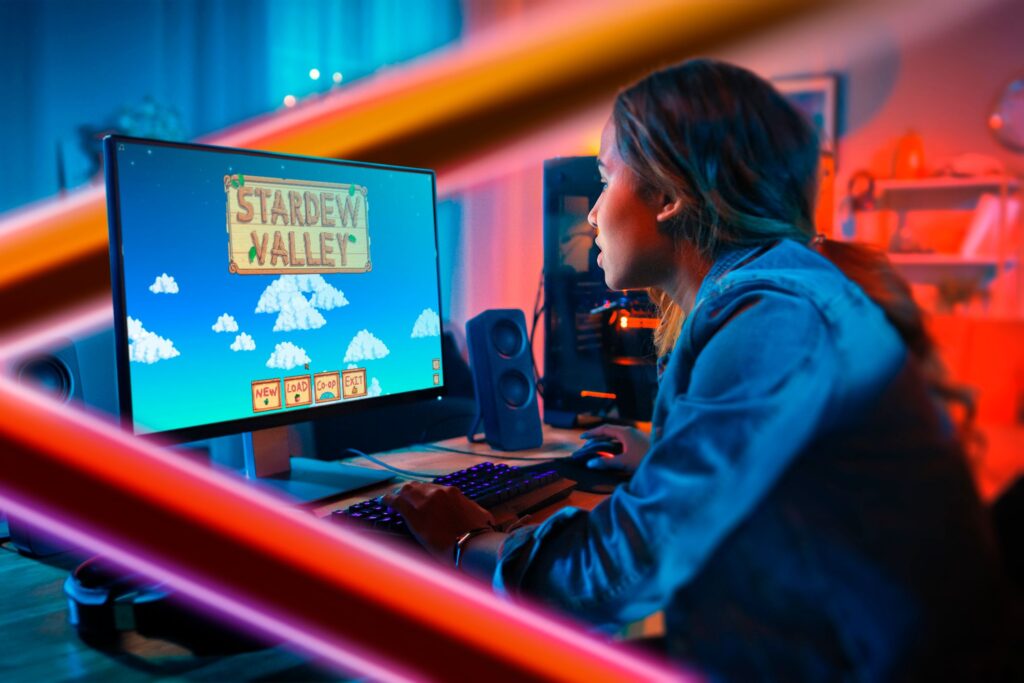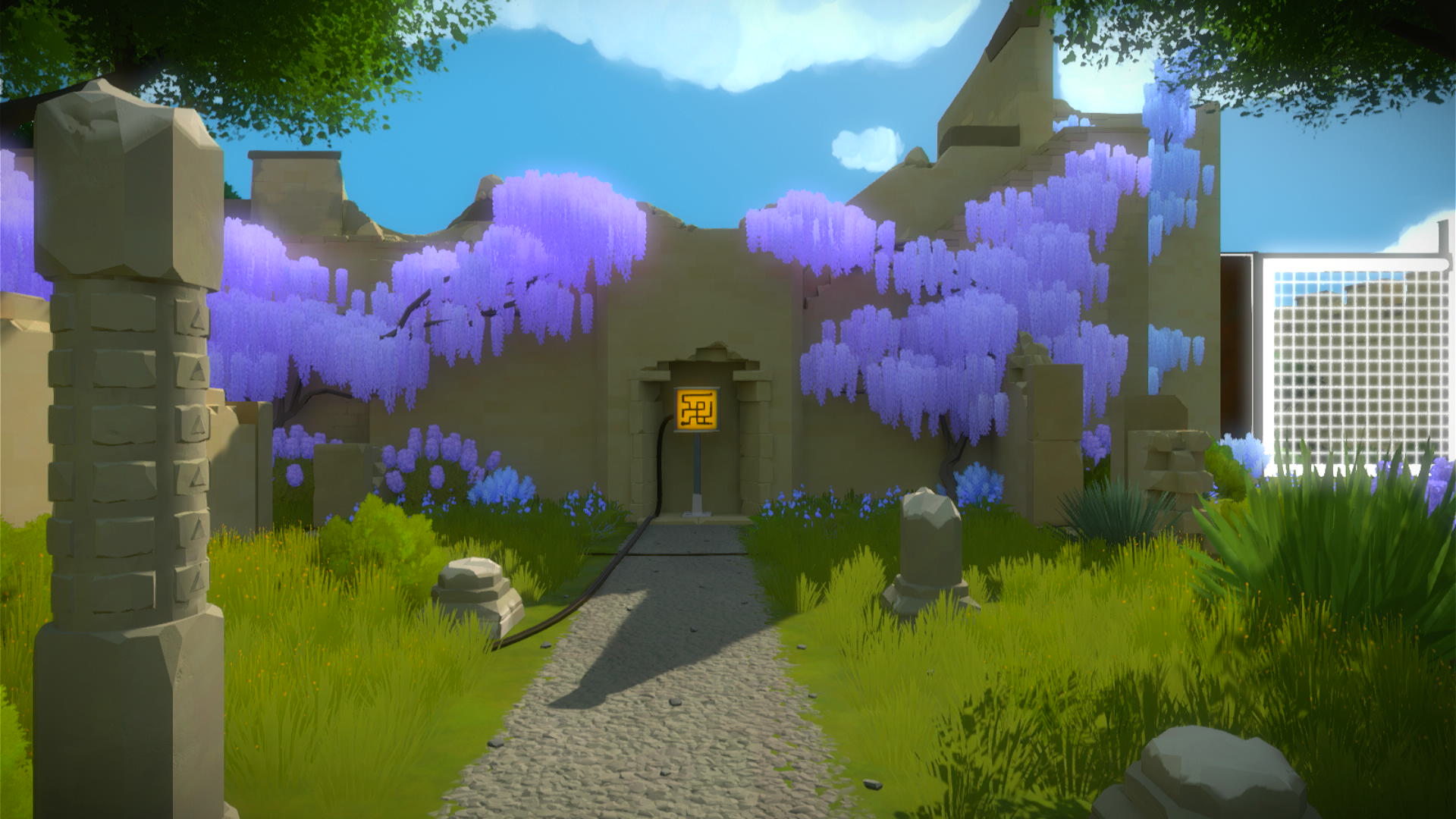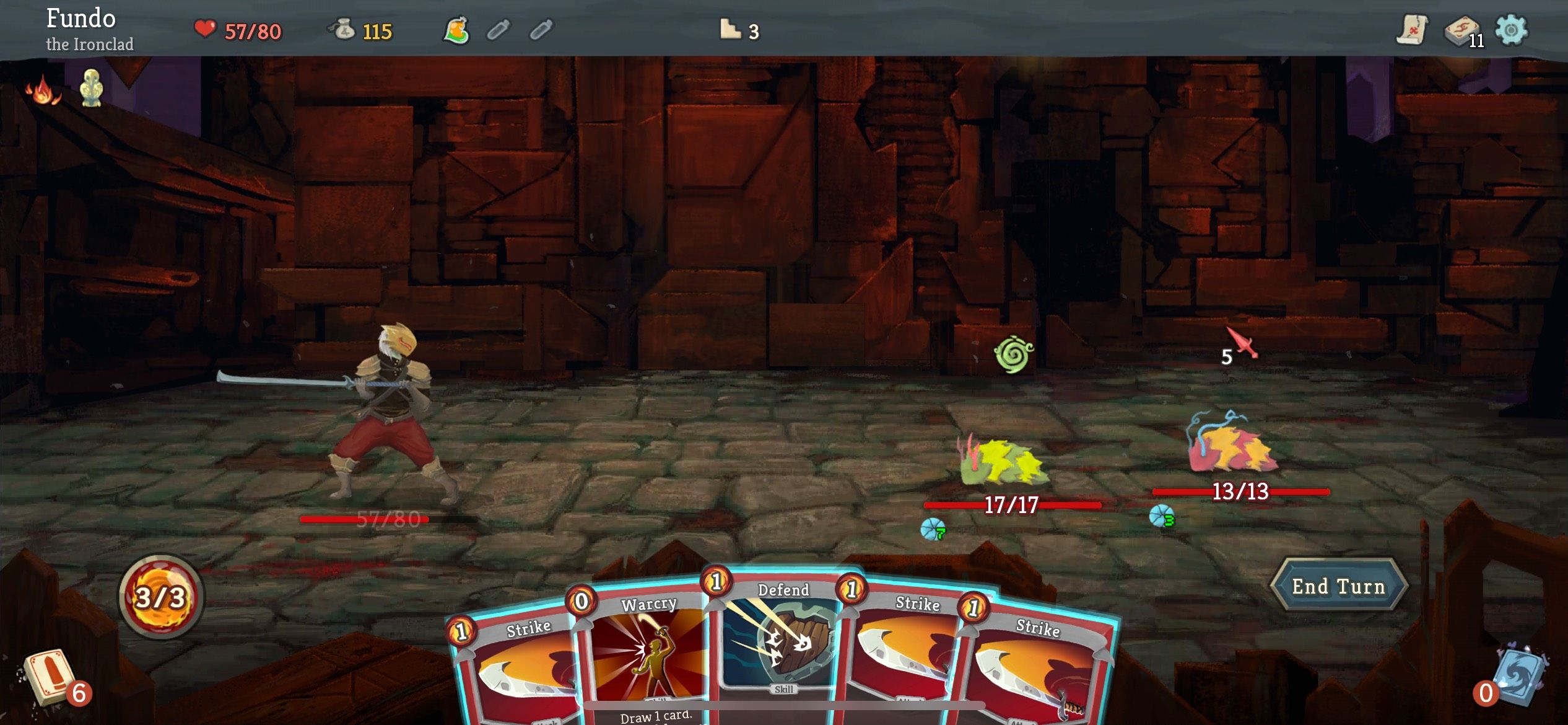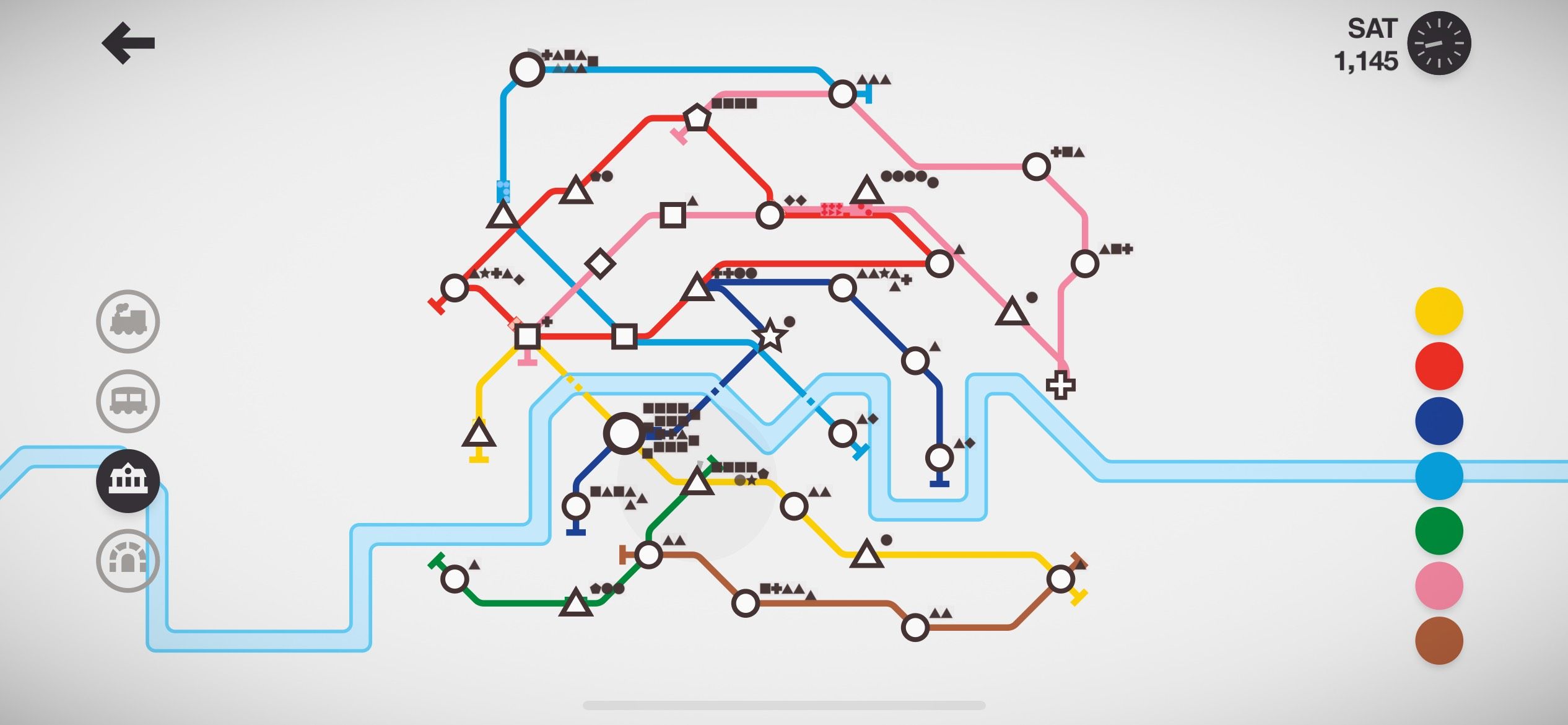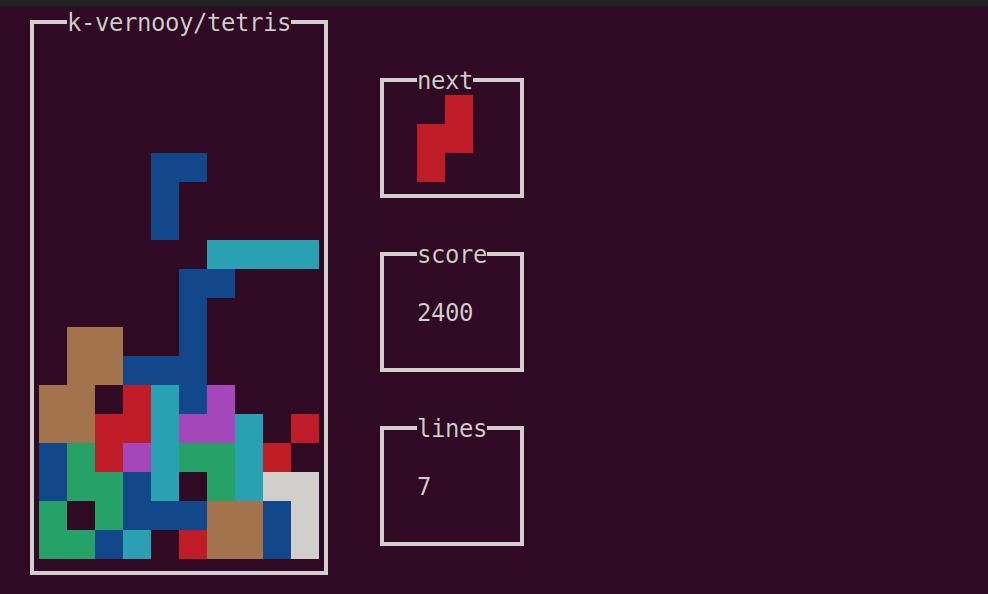Video games are often considered productivity killers. However, when used strategically, they can actually enhance performance—even during your busiest days.
5
Boost Your Problem-Solving Skills
Many video games put players in complex scenarios they need to think their way out of to progress. A good example is puzzle video games like Portal and, one of my personal favorites, The Witness. These require you to approach problems from multiple angles and think creatively to overcome head-scratching challenges.
Another example is deck builder games like Slay the Spire or real-time strategy games like Sid Meier’s Civilization VII. These games force you to experiment with different solutions and manage and optimize your resources to overcome tough obstacles.
As you play these types of video games and succeed, you can improve your cognitive flexibility. This is a skill that can help you solve several problems in real-world scenarios.
4
Stress Reduction
Stress can make you experience a range of negative physical and psychological effects. These can make it hard to focus on the current task, sending you down the rabbit hole of procrastination. You can use tech to reduce stress, and video games can be part of that.
For instance, video games are fun, engaging, enjoyable, and rewarding. In the right scenario, video games can even allow you to enter a flow state similar to meditation. These positive effects can reduce stress or boost your mood, allowing you to return to work more relaxed and energized.
However, you need to pick relaxing games to unwind from stress, as games like Dark Souls and other Soulslikes can add to it.
I usually play a mobile game called Mini Metro. It’s a simple game about building railway systems by connecting points. I set it to Endless mode, which removes the fail state, so I can relax and enjoy building efficient railway systems.
There are plenty of other calming mobile games you can enjoy. Even console and PC games like Animal Crossing: New Horizons, Stardew Valley, Tetris Effect: Connected, Jusant, and Farming Simulator 25 have been known to be relaxing.
3
Break the Monotony
When you have been working on the same task for long stretches, you can exhaust your brain. In these scenarios, it often helps to take a break and do something different to avoid burnout. That is why productivity tools like the Pomodoro technique are so effective.
Try an engaging and relaxing activity instead of doing something passive during your break, such as watching YouTube videos or scrolling through social media. Video games can serve as an excellent tool for breaking up the workday, providing active engagement that refreshes your mind.
I usually stick to mobile games, which are usually built for casual short play sessions. A good example would be something like Tetris or Shovel Knight Pocket Dungeon.
2
Game Challenges Reinforce Persistence
Video games reinforce persistence by showing you that it pays off. When you face a challenge and fail, they encourage you to analyze the situation, learn from your mistakes, and try again. And when you succeed, you get rewarded with new levels, skills, content, or other in-game rewards.
This is one of the reasons why many learning platforms, such as Duolingo and Khan Academy, have gamification (e.g., points, levels, achievements, and badges). It fosters persistence and motivates users to continue learning despite challenges.

Related
Anything that encourages persistence can condition your mind to look at setbacks as a pathway to success. Even casual games like Tetris and Candy Crush—provided you’re not buying boosters—are good examples of this. This benefit is not only for people who love tough video games.
1
A Reward for a Good Day’s Work
When I am feeling particularly productive on a work day, I always remind myself that if I don’t get the workload done by 5 PM, I will spend the rest of the night working and won’t enjoy my video games. This is one way games can be used as an incentive to be productive.

Related
What 2+ Years of Daily Solitaire Challenges Taught Me About Productivity
Turns out, Solitaire is more than just a time-killer.
That’s because while I am working, I don’t think about how I would rather be playing games. I’m focused on the work at hand while anticipating an epic play session as a reward for completing the work.
I’ve mentioned specific titles and examples because not just any game will do. Games that offer mindless fun or instant rewards can indeed be productivity killers.
Stick to games that offer intermediate rewards—those you actually have to earn—to truly benefit your productivity. Also, maintain strict boundaries by setting specific conditions for when you can play (e.g., during a lunch break or after completing your daily tasks).

